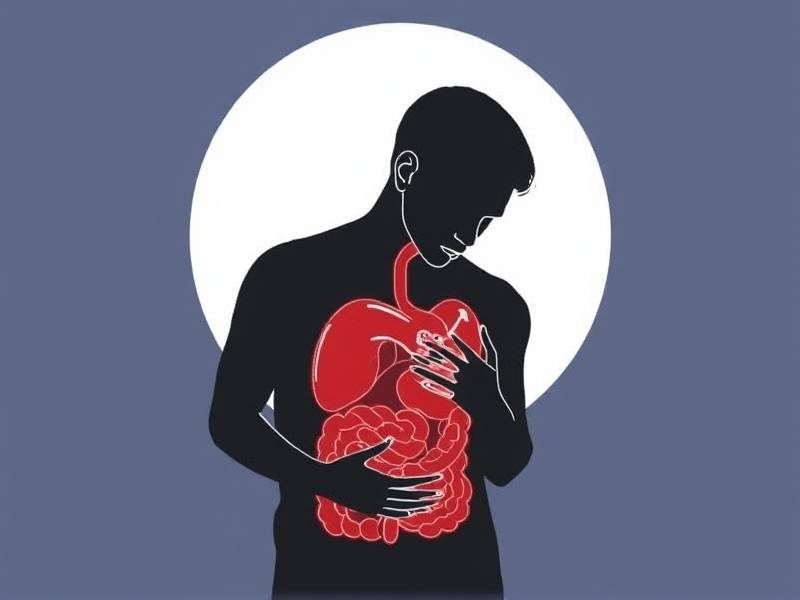How to Deal with Digestive Issues After Quitting Smoking
Navigating Digestive Discomfort: A Guide for Smokers Transitioning to a Smoke-Free Life
Introduction: Quitting smoking is a significant step towards a healthier lifestyle, but it can come with its own set of challenges. One common issue many smokers face after quitting is digestive discomfort. This article aims to provide you with practical tips and insights on how to manage these digestive issues effectively.
Understanding the Connection Between Smoking and Digestive Health

Subheading: The Impact of Nicotine on the Body
Nicotine, the primary addictive substance in cigarettes, has a profound effect on the body's digestive system. It can slow down digestion, leading to symptoms like constipation or diarrhea. When you quit smoking, your body begins to heal, and these issues may arise as your digestive system adjusts.
Common Digestive Issues After Quitting Smoking
Subheading: Identifying the Symptoms
-
Constipation
- As nicotine slows down the digestive tract, quitting can lead to constipation in some individuals.
- Increase fiber intake and stay hydrated to help regulate bowel movements.
-
Diarrhea
- Some people may experience diarrhea as their body adjusts to life without nicotine.
- Avoid foods that are known irritants and consider probiotics to maintain gut health.
-
Bloating and Gas
- Changes in diet or stress from quitting smoking can lead to bloating and increased gas.
- Eat slowly and chew thoroughly to aid digestion and reduce gas formation.
Strategies for Managing Digestive Discomfort
Subheading: Tips for a Smooth Transition
-
Gradual Reduction
- If you're not ready for cold turkey, consider gradually reducing your smoking frequency before quitting entirely.
-
Dietary Adjustments
- Focus on a balanced diet rich in fruits, vegetables, whole grains, and lean proteins.
- Stay hydrated by drinking plenty of water throughout the day.
-
Regular Exercise
- Physical activity can help stimulate digestion and reduce stress levels.
- Aim for at least 30 minutes of moderate exercise most days of the week.
-
Stress Management
- High stress levels can exacerbate digestive issues.
- Practice relaxation techniques such as deep breathing or meditation.
-
Professional Guidance
- If symptoms persist or are severe, consult with a healthcare professional for personalized advice.
Embracing Long-Term Health Benefits
Subheading: The Road Ahead
While dealing with digestive issues after quitting smoking might seem daunting, it's important to remember that these challenges are temporary. As your body heals from years of smoking damage, you'll begin experiencing long-term health benefits that far outweigh any short-term discomforts.
Conclusion:

Transitioning from smoking to a smoke-free life is a journey filled with various challenges, including potential digestive issues. By understanding these challenges and implementing effective strategies, you can navigate this phase more comfortably. Remember that every step towards better health is a step forward in creating a brighter future for yourself.
